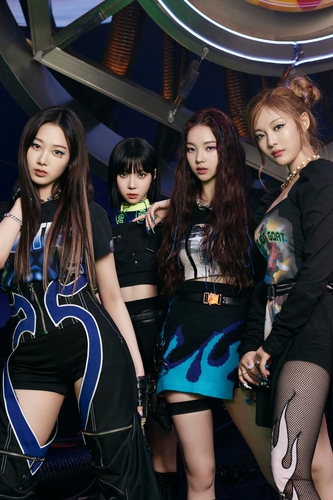Running an eye-catching campaign to get consumers talking about you isn’t exactly new. In fact, shocking advertising had its moment of glory in the 90s and brought some brands to the top.
Benetton was the queen of impact campaigns and thus managed to enter the conversations. The NGOs also used shocking advertising as an element to surprise, shock and lead consumers to donate money. But the passing of the years – and the popularity of these campaigns – made it lose value. The advertising called to hit looked too worn. It no longer surprised anyone.
However, that does not mean that everything flashy has lost its validity. Perhaps now what the campaigns are looking for is not so much the shock as the trending topic, that everyone starts talking about you on social networks.
Going viral is a winning bet, the dream of all marketers. Becoming the viral campaign that everyone shares manages to amplify the message and make it have a greater impact, at zero cost for the company because it is the consumers themselves who are doing the work.
But what happens when those conversations are marked by controversy? When does one get to trending topic because the campaign has generated a wave of criticism?
In the increasingly polarized world in which society seems to move now, it might seem that campaigns must assume that they will face a situation either with haters or with lovers of their campaigns. The reality is somewhat more complex. Does the controversy pay off, that they talk about me even if it is bad?
The epicenter of all criticism
Advertising campaigns, point out in Campaignend up being read in the midst of the so-called “culture wars” that have been dominating conversations in recent years. This makes consumers see them for or against, connecting with them in a completely different way. As a directive to the outlet explains, Jo Arden, chief strategy officer at Publicis.Poke, “we live in the age of activism,” leading to “more people having more to say about more things than they had for a long time.” .
As this happens, the ads have become less relevant and receive less attention. When campaigns become controversial, they manage to break out of that general apathy that ads find themselves in.
But not everything is perfect. The very marketers you talk to Campaign they also end up pointing it out. On the one hand, the strategy can become outdated and stop working. On the other, it can become a double-edged sword, exploiting the brand in the face or causing the consumer to see it as a display of corporate cynicism.
Brands find themselves in the complex situation of having to push the limits and make sure to generate conversations, but having to find a certain balance and shield themselves so as not to burn out completely. They have to appeal to a subject with the potential to create passions, but without being overwhelmed by them.
–


